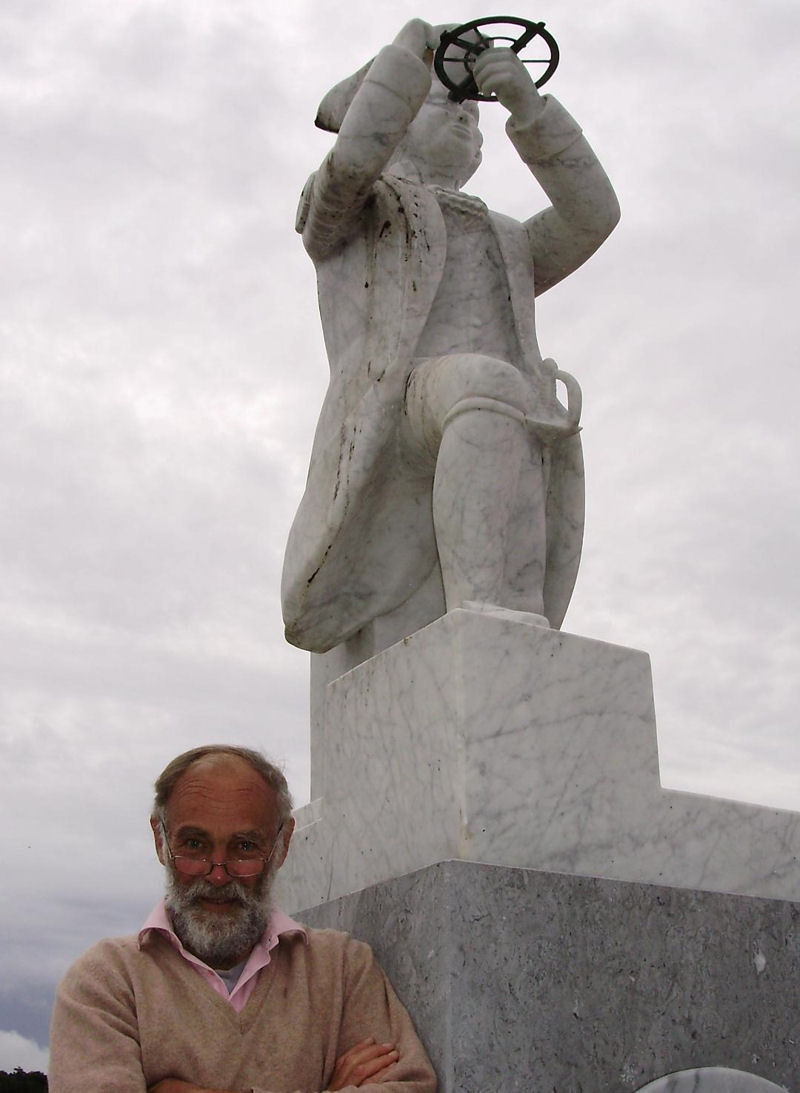FIDDLERS' GREEN FESTIVAL, ROSTREVOR, CO DOWN, 26.7.2012
At the invitation of Tommy Sands, Peter Emerson and Grace Walsh facilitated a decision-making process based on consensus voting. Here is the report.
______
The MBC is a very good measure of a group's social choice (and/or ranking), and so too is the Condorcet rule. In many instances, therefore, the outcomes under both rules will be similar and, when they are, the users can rest assured that the outcome is accurate.
At a recent public meeting here in Rostrevor (County Down), 96 participants selected the subject of discussion, chose and debated many proposals, and then voted on a ballot of nine options. The results were as follows:
VALID VOTE 96
VALID FULL VOTE 82
VALID PARTIAL VOTE 14
INVALID VOTE 0
THE RESULTS
|
OPTION |
MODIFIED BORDA COUNT (MBC) |
CONDORCET RULE |
||
|
SCORE |
POSITION |
SCORE |
POSITION |
|
|
A |
288 |
9TH |
0 |
9TH |
|
B |
435 |
4TH |
5 |
4TH |
|
C |
466 |
3RD |
6 |
3RD |
|
D |
600 |
1ST |
8 |
1ST |
|
E |
559 |
2ND |
7 |
2ND |
|
F |
351 |
7TH |
2 |
7TH |
|
G |
429 |
5TH |
4 |
5TH |
|
H |
382 |
6TH |
3 |
6TH |
|
I |
293 |
8TH |
1 |
8TH |
The social choice, therefore, is option D. And in this instance, the MBC social choice and ranking are identical to the Condorcet social choice and ranking. The above outcome may therefore be regarded as very accurate indeed.
The debate concerned the possibility of a crossing from Warren Point (or thereabouts) across Carlingford Lough to County Louth. The options suggested were as follows:
A Status quo
B Ferry
C Cars only road bridge
D Bridge for everything
E Swing bridge (opens for boats)
F Tunnel
G Bridge but only with North/South funding
H Southern relief road
I Cable car


